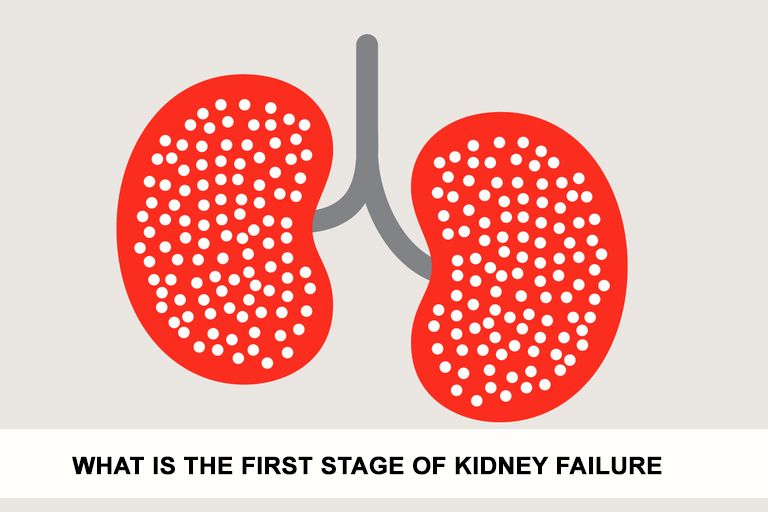
When the kidneys fail in a chronic manner, they fail in five different stages. In the first stage of kidney failure, there is damage in the glomerular filtration rate (GFR). In the case of kidneys, they function till their last breath which means they can do their job even slowly when they meet maximum failure. This is why it is hard to know that a person is suffering from stage 1 kidney failure. They do not generate any symptoms. But you might come to know about your first stage of kidney failure if you develop a habit of getting the kidneys’ functioning tested on a regular basis. In such a situation, you can notice some symptoms of kidney failure even at stage 1. These symptoms can be:
If you have a family history of kidney disease than this would also help you to know about the stage of your kidney failure. Talk to your healthcare provider as soon as possible so that you can know better about your kidneys and can alter the loss at the right time. If you find that you have stage 1 of kidney failure then there are some proven ways in which you can eliminate this loss of your organ.

Certificate no- AH-2023-0186
JAN 05,2023-JAN 04,2026
"Ayurveda is not just a system of medicine; it's a way of life. Connect with us to embrace a lifestyle that nurtures your body, mind, and soul."
Book Consultation Now